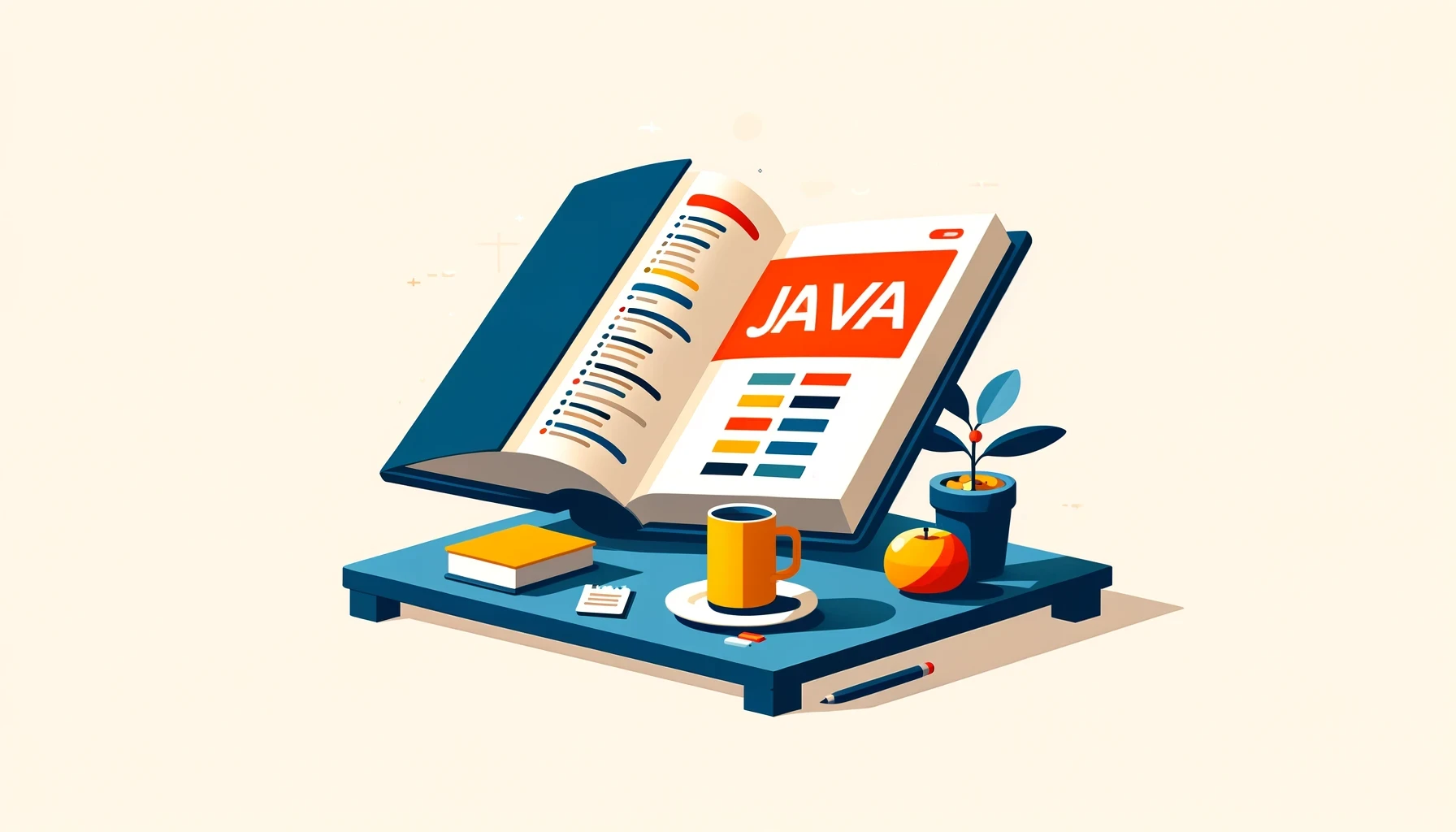Cursos relacionados
Ver Todos los CursosIntermedio
Working with Databases in Python
Master the essentials of working with databases in Python using sqlite3 and SQLAlchemy. Learn to store, modify, and retrieve data efficiently, build optimized queries, and connect your applications to databases. Gain practical experience in both SQL and ORM approaches to manage data through clean, Pythonic workflows.
Intermedio
Intermediate SQL
This course is perfect for those who already have a basic understanding of SQL and want to delve into more advanced concepts to craft more powerful queries. Throughout the course, you will become familiar with data grouping and filtering grouped data. You will also learn how to work with multiple tables simultaneously, including how to combine them. Additionally, you will explore different types of table joins and how to apply them in practice.
Comparing Popular Relational Databases
Choosing the Best Solution

Databases are an integral part of modern information technology, and among them, relational databases (RDBMS) remain some of the most popular and widely used. In this article, we will compare three of the most well-known RDBMS: PostgreSQL, MySQL, and Microsoft SQL Server.
PostgreSQL
PostgreSQL is a powerful open-source object-relational database management system. It is renowned for its reliability, scalability, and extensibility. PostgreSQL supports a wide range of features, including the popular SQL query language, and capabilities for geographic data processing.
Run Code from Your Browser - No Installation Required

MySQL
MySQL is another popular open-source relational database management system. It is known for its speed and ease of use, making it a popular choice for web applications and other projects with high transaction volumes. MySQL supports various replication modes, allowing for backups and increased availability.
Microsoft SQL Server
Microsoft SQL Server is a commercial database management system developed by Microsoft. It provides extensive capabilities for working with data, including analytical tools, business intelligence features, and built-in support for programming languages such as C# and Java.
Comparative Analysis
-
Performance: MySQL is often regarded as the fastest among these three. PostgreSQL is known for its scalability and reliability, while Microsoft SQL Server excels in efficiency, particularly in large corporate environments.
-
Community and Support: MySQL and PostgreSQL have active communities of users and developers since they are based on open-source code. While Microsoft SQL Server provides commercial support, it has a smaller user base compared to the other two.
-
Functionality: PostgreSQL may be considered the most extensible, offering many extensions and add-ons for various needs. While MySQL and Microsoft SQL Server provide a wide range of features, they may not be as flexible as PostgreSQL.
The ultimate choice between these RDBMS depends on the specific needs of your project, its scale, performance requirements, cost considerations, and many other factors. Therefore, conducting a thorough analysis and comparison before selecting a database management system is crucial.
Start Learning Coding today and boost your Career Potential

FAQs
Q: What is a relational database (RDB)?
A: A relational database is a type of database organized into tables with rows and columns, where data is stored in relations between these tables.
Q: What are the differences between PostgreSQL, MySQL, and Microsoft SQL Server?
A: PostgreSQL, MySQL, and Microsoft SQL Server are three different database management systems (DBMS) with varying characteristics, functionalities, and licensing terms. One of the main differences is that PostgreSQL and MySQL are open-source and free, whereas Microsoft SQL Server is a commercial product.
Q: Which database management system is the fastest?
A: The speed of a database management system (DBMS) can depend on many factors, including specific usage conditions and query optimization. However, MySQL is often considered one of the fastest among relational databases.
Q: Can data be migrated from one RDB to another?
A: Yes, data can be migrated from one relational database to another using import and export tools provided by the respective database management systems.
Q: How can data security be ensured in relational databases?
A: Data security in relational databases is typically ensured by establishing access controls, encrypting data, regularly backing up data, and implementing other security best practices.
Cursos relacionados
Ver Todos los CursosIntermedio
Working with Databases in Python
Master the essentials of working with databases in Python using sqlite3 and SQLAlchemy. Learn to store, modify, and retrieve data efficiently, build optimized queries, and connect your applications to databases. Gain practical experience in both SQL and ORM approaches to manage data through clean, Pythonic workflows.
Intermedio
Intermediate SQL
This course is perfect for those who already have a basic understanding of SQL and want to delve into more advanced concepts to craft more powerful queries. Throughout the course, you will become familiar with data grouping and filtering grouped data. You will also learn how to work with multiple tables simultaneously, including how to combine them. Additionally, you will explore different types of table joins and how to apply them in practice.
The 80 Top Java Interview Questions and Answers
Key Points to Consider When Preparing for an Interview
by Daniil Lypenets
Full Stack Developer
Apr, 2024・30 min read

The 50 Top SQL Interview Questions and Answers
For Junior and Middle Developers
by Oleh Lohvyn
Backend Developer
Apr, 2024・31 min read

The SOLID Principles in Software Development
The SOLID Principles Overview
by Anastasiia Tsurkan
Backend Developer
Nov, 2023・8 min read

Contenido de este artículo